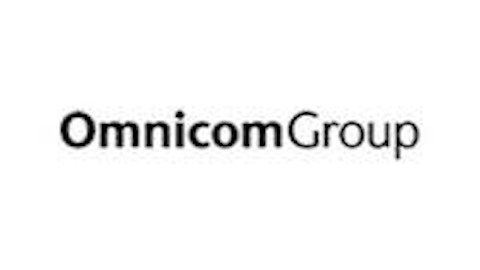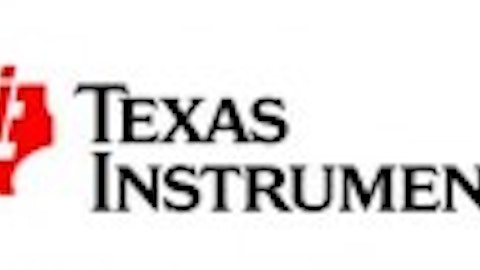
Blount International, Inc.’s stock is down over the last two years, and down 8% year to date. The recovery in housing-related and home improvement stocks doesn’t seem to have moved the needle on the company, which is known for providing chain saws and lawn mowers and so in theory should benefit from the same trends lifting The Home Depot, Inc. (NYSE:HD) and Lowe’s Companies, Inc. (NYSE:LOW). The company itself is seeing good revenue growth- in the first half of 2012, sales were up 22% compared to the same period in 2011- but all of these gains were eaten up by higher costs and so earnings actually came in considerably lower. The decline appears to have slowed in the second quarter, with earnings per share coming in at only a 2-cent decrease from Q2 2011’s 28 cents, but we still don’t like to see the company failing to actually gain from the increase in business.
Of course, it’s possible that Blount International, Inc. can get its costs under control and start converting its revenue increases into income gains. The Street expects that it will begin doing so next year, predicting $1.32 in EPS for 2013- an 18% increase over what it anticipates this year. This would place the stock at a forward P/E of 10, and so if it can stay on track to meet expectations Blount could end up being a value stock. However, we’d note that getting to that point depends on completely reversing the company’s current performance, and we can certainly understand why First Eagle didn’t think it wise to have such a large position.
Deere & Company (NYSE:DE) makes for one comp for Blount as it has a forestry equipment business, and we’d also compare the company to Stanley Black & Decker, Inc. (NYSE:SWK) which provides power tools among other products. On a forward basis these three companies are priced about even: Deere at a forward P/E of 10 and Stanley Black & Decker at a forward P/E of 12 in comparison to Blount’s 11. Stanley Black & Decker has a similarly large expected growth rate priced in to this multiple, while Deere’s trailing P/E is only 11. With a 2.2% dividend yield, a good brand name, good earnings growth, and exposure to agriculture as well we think Deere makes for a good buy. Stanley Black & Decker is in a similar place as Blount on the business front: higher revenue last quarter compared to a year ago, but lower earnings. We’re worried about its prospects as well.
We’ve also mentioned Home Depot and Lowe’s as companies which are successfully capitalizing on the same macro trends that are driving Blount’s revenues higher. While both stock prices are up, only Home Depot is actually delivering growth in its business as Lowe’s actually saw a decline in revenue and earnings in its most recent quarter compared to the same period in 2011. On a forward basis the two companies do carry earnings premiums relative to the others we’ve discussed, at P/E multiples of 18 for Home Depot and 15 for Lowe’s, and the trailing P/E at each is more than 20. Read our comparison of Lowe’s and Home Depot, and also see our analysis of insider trading at Home Depot.
It’s possible that these premiums are too high, though we are generally more confident in Home Depot and Lowe’s to grow their businesses. Blount could end up being low priced if it proves the sell-side correct, but we’d prefer to own Deere and the several other attractive points that stock brings.





